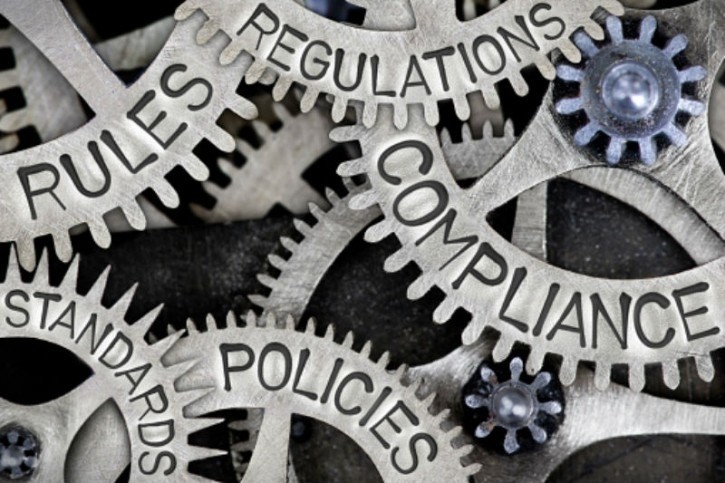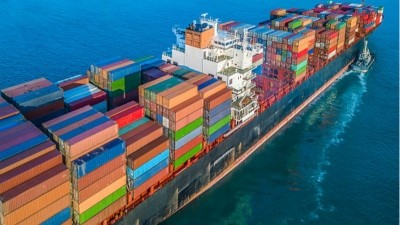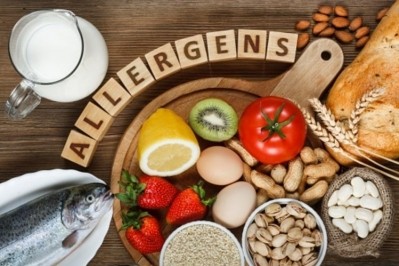Policy Picks: EU Deforestation Regulation clarity, South Korea labelling guidelines, new Vietnam nutrition label rules and more feature in our round-up

Show us the criteria: Malaysian palm oil sector calls for ‘more transparency’ from EU on Deforestation Regulation amidst high-risk listing debate
The palm oil industry in Malaysia is calling for the European Union (EU) to provide more clarity over how it will define ‘high-risk’ countries under its recently-approved Deforestation Regulation, stressing that current scientific data has already demonstrated it should be omitted from this list.
The EU Deforestation Regulation (EUDR) was approved in parliament late last year, spelling increased challenges for countries producing palm oil and other commodities such as coffee and cocoa.
Nutritional labelling aid: South Korea issues guidance document to help F&B manufacturers align with new guidelines
The South Korean government has released a nutritional information guidance document in line with new labelling and reporting regulations to assist food and beverage manufacturers throughout the initial phase of transition.
South Korea recently implemented a new set of regulations mandating the inclusion of specific nutritional information on the labels of new food and beverage products and for this information to be registered via an online system, effective from July 1, 2023.
In line with this initiative, the government has also published a 50-page guidance booklet to help food and beverage manufacturers comply with the new requirements throughout this initial transitory period.
Nutritional labelling catch-up: Vietnam moves to implement mandatory regulations and align with international standards
Vietnam has moved to implement regulations that will mandate the display of nutritional labelling according to national standards on all qualifying food and beverage products in the country, progressing from its previous voluntary labelling system.
According to government data, presently just 60% of food and beverage firms in the country are displaying nutritional labels on their products. The majority of these are larger brands and retailers.
“A study by the Ministry of Health Department of Preventive Medicine has shown that overall 60% of products have nutritional information provided – it also found that 82% of non-alcoholic beverages are attaching labels, but just 50% of processed packaged foods are doing this,” Vietnamese Deputy Minister of Health Do Xuan Thuyen said via a formal statement.
Keeping up with the times: Indonesia rolls out new food category regulations with fermented products and supply chain focus
Indonesia has recently launched the latest version of its master regulation governing food categories in the country with an increased focus on fermented beverages and the wider supply chain.
The last time Indonesia rolled out a version of this regulation, dubbed the National Agency of Drug and Food Control (BPOM) Food Category Regulation, was in 2019, meaning that this predated both the COVID-19 pandemic as well as the nation’s much-debated Omnibus Law.
BPOM has now launched the most updated version in an attempt to better integrate the local food supply with technological updates and the latest trends.
Dairy development: Malaysia looks to update four-decade-old milk regulations to prevent food safety and fraud concerns
The Malaysian Ministry of Health (KKM) has released a statement seeking public opinion to update the local statutes governing food safety and quality of milk products in the country, citing concerns of fraudulent or unsafe products falling through the cracks.
The current statute governing these products is the 1985 Food Regulations, and the scope of milk products that KKM is seeking to improve control include skimmed milk, non-fat milk, pasteurised milk, recombined milk, reconstituted milk and so on.
“KKM is seeking the public’s opinion to update these regulations in order to protect the public from the potential health risks and prevent fraudulent handling of the preparation, sale or usage of these foods and beverages,” KKM said via a formal statement.















